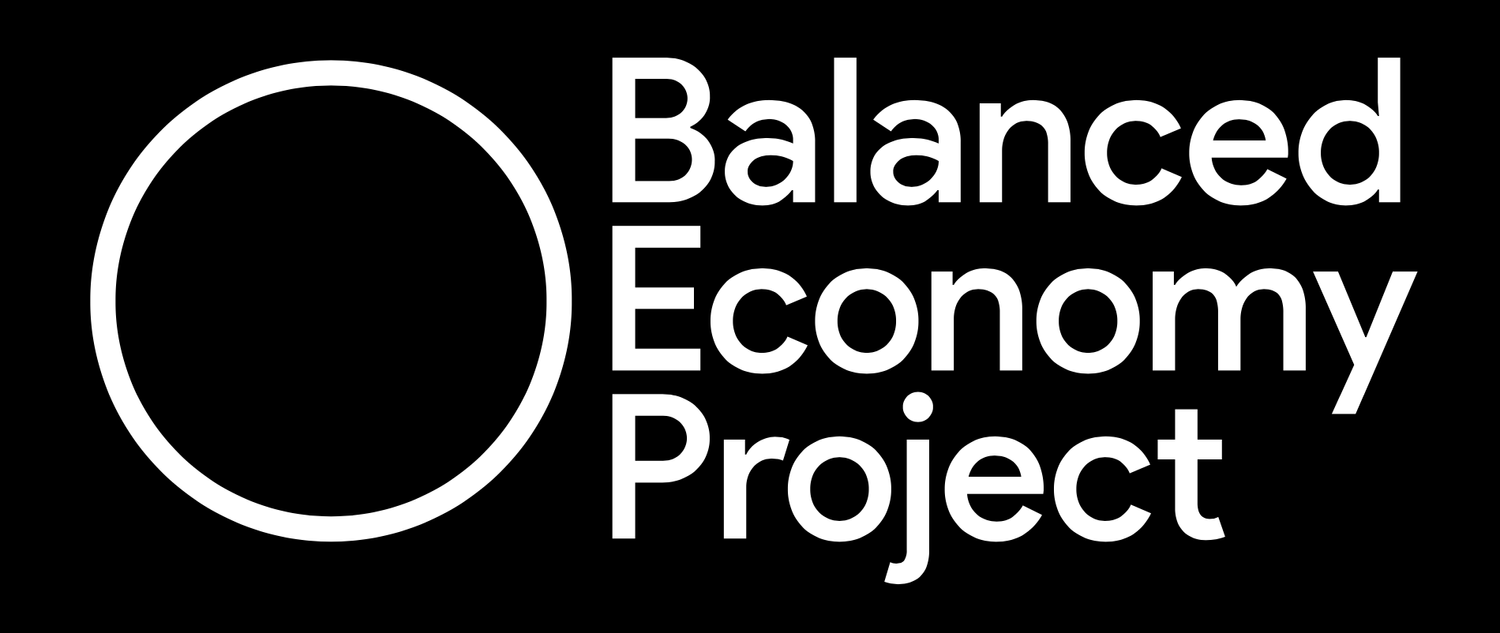Monopoly
Monopoly – by which we mean excessive concentration of corporate and financial power – is a common feature across most issues that ordinary people care about: political polarisation, inequality, the environment, tax and trade, fake news, economic resilience, workers’ rights and plenty more.
Monopolies exert chokeholds over critical parts of our production and distribution systems, our markets, and our democracies. In rich and poor countries they deploy market power to force down payments to suppliers and workers, raise prices for consumers, and extract great wealth, while escaping taxes and other civic duties. Increasingly, our economies are organised where the economic ecosystems that sustain most livelihoods are caught in the gravitational pull of a few dominant firms.
The political and democratic damage that stems from this power is as important as the economic harm. The damage is estimate in the trillions of dollars, each year.
In every country, monopoly power is embedded in a multi-layered system with many moving parts: laws, courts, law firms, regulators, lobbyists, economic consultancies, banks, private equity firms, and major multinational firms. This “system of monopoly” is underpinned by a pervasive ideology that promotes bigness in the name of efficiency, and ignores power. It actively promotes and reinforces concentration, while restraining countervailing forces.
There are many ways we can tackle monopoly power – using labour laws, tax systems, anti-corruption policies, privacy rules, environmental regulations and so on – but the most direct, and potentially the most powerful and wide-ranging, is through competition policy, which has the power to regulate who may build power in an economy, and how far they may go. Competition policy (sometimes known as ‘antitrust’) is the main area of our focus.

